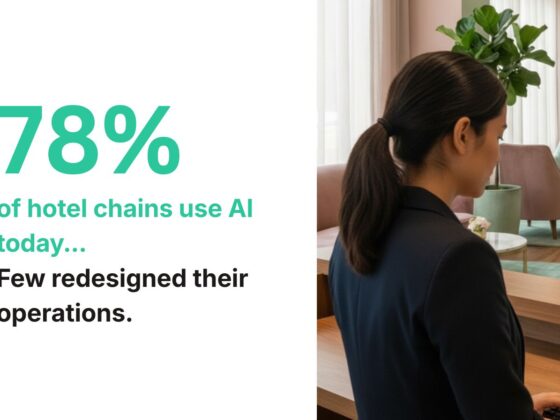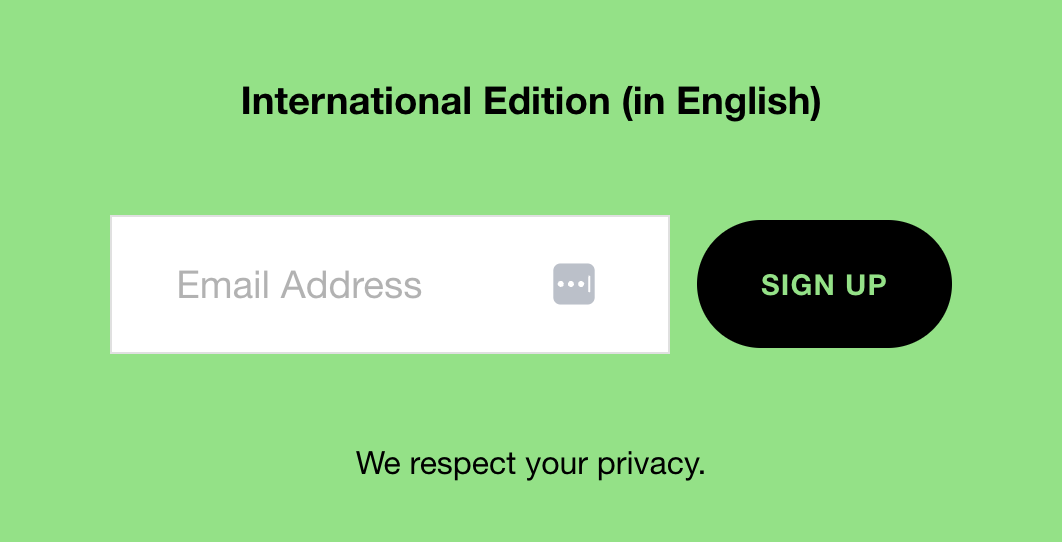Trying to propose a shared standard for data interoperability in hospitality is like walking through Times Square during New Year’s Eve wearing a Cannibal Corpse T-shirt. It feels like a semantic heresy, an ontological blasphemy launched at the heart of a system built on tribal tech wars and vendor rivalries. We tried it, with my friend and brother Enzo Aita, 15 years ago. A single, shared, anonymized, free database. (Spoiler: everyone ignored us).
And yet, this is exactly what we desperately need: a unified ARI layer. Availability, Rates, Inventory. Not for humans, let’s be clear. For them. The agents.
Faceless, desireless interfaces that don’t care about your flashy website. Blind, mute, impatient guests that don’t seek inspiration but access. They don’t look, they parse. They don’t browse, they query. They don’t have bank accounts, yet they book.
We need PMSs, CRSs, channel managers, booking engines, and the whole sacred supply chain to stop fighting over a mediocre three-star in Rimini and start speaking the same structured, interoperable, machine-readable language. A W3C for hotel data.
I know what you’re thinking: “But my hotel is unique.”
No. For an agent, your hotel is a node. A dot in a network. A line in a JSON file. And that data, trust me, isn’t on your website. It’s in Booking’s APIs, in Expedia’s semantic mapping, in Google Travel’s knowledge base.
Move now, because this may well be the last revolution we have left.
See you next week,
Simone Puorto










